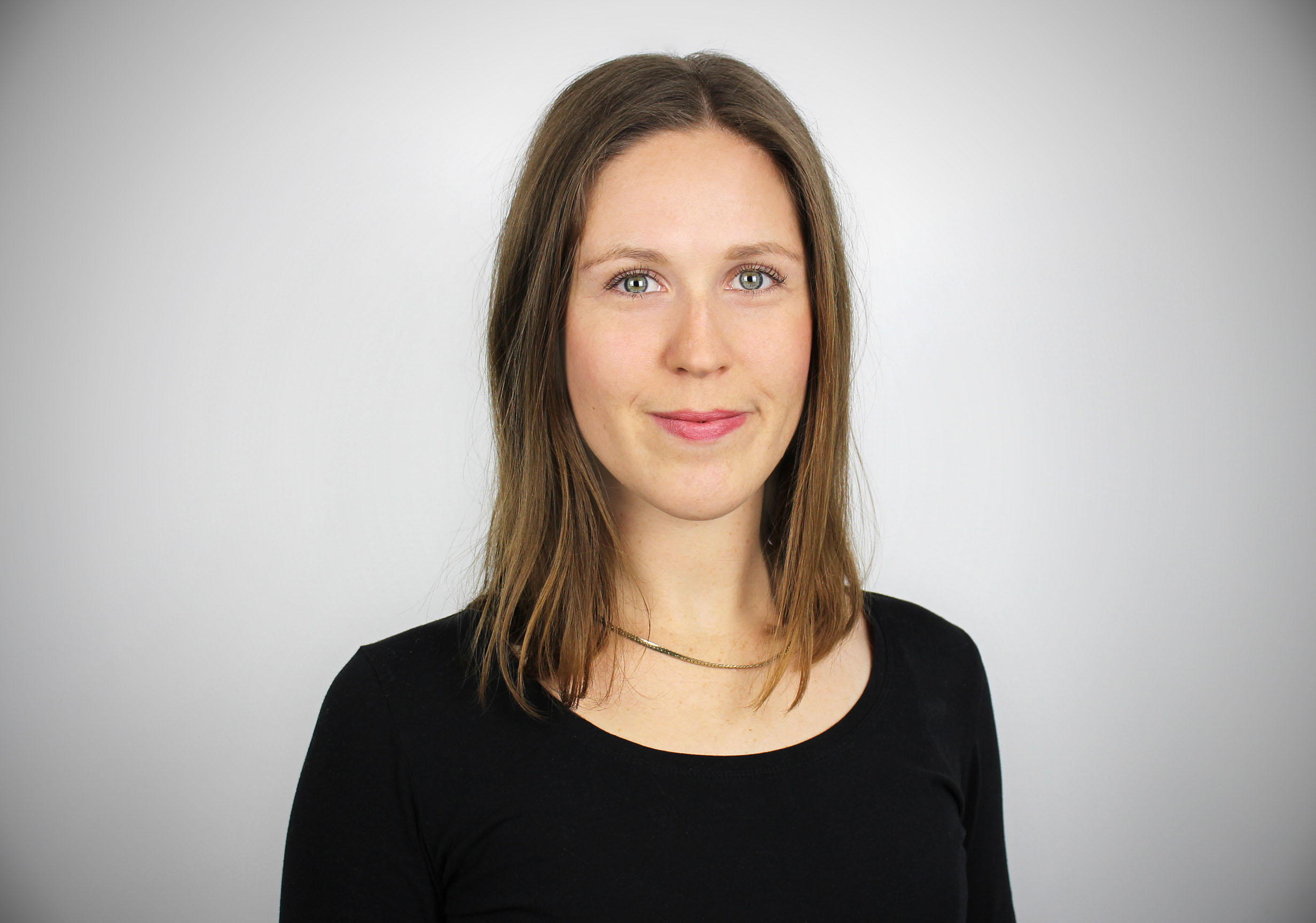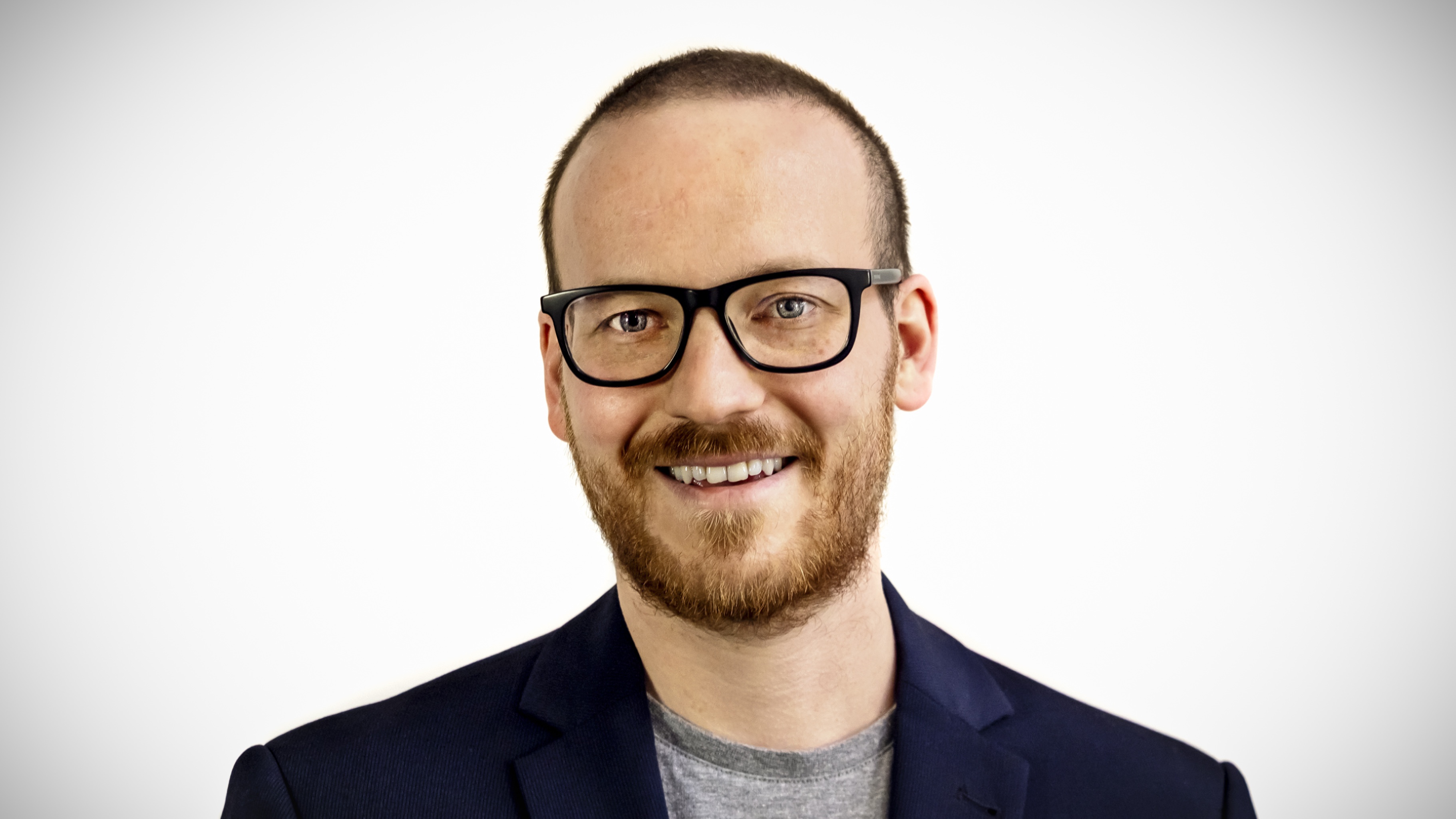Unsere vernetzte Welt verstehen

Getting Involved: Data science for good
An Interview with Johannes Müller by Lorenz Grünewald-Schukalla and Claudia Haas
Im Jahr 2018 begann eine interdisziplinäre Expertenkommission aus neun Professoren mit der Arbeit am dritten Engagementbericht mit dem Titel Die Zukunft der Zivilgesellschaft: Junges Engagement im digitalen Zeitalter. Die Expertenkommission stand unter dem Vorsitz von Jeanette Hofmann, Direktorin des Alexander von Humboldt-Instituts für Internet und Gesellschaft (HIIG), und wurde von der am HIIG angesiedelten Geschäftsstelle unterstützt. Der Bericht stützt sich auf eine Reihe von Ressourcen, darunter Gespräche mit verschiedenen Experten für bürgerschaftliches Engagement und Digitalisierung, die Fragen zu hochrelevanten, aber wenig erforschten Phänomenen aufgeworfen haben. Wie wirkt sich die Digitalisierung auf die Fähigkeit der Menschen aus, ein engagierter Bürger zu sein, insbesondere wenn sie jung sind? Wie verändern neue digitale Infrastrukturen und Praktiken das Bestehende und ermöglichen neue Formen des bürgerschaftlichen Engagements? Was ist die Rolle der gemeinsamen Ressourcen? Claudia Haas und Lorenz Grünewald-Schukalla befragten drei engagierte Experten, die sich dafür einsetzen, die Digitalisierung so zu gestalten, dass sie für alle Beteiligten von Nutzen ist. Einer dieser Experten ist Johannes Müller, Gründer von CorrelAid e.V. (https://correlaid.org), einem gemeinnützigen Verein mit einem Netzwerk von mehr als 1000 ehrenamtlichen Datenanalysten, die NGOs bei der Nutzung und Analyse ihrer Daten unterstützen.
Lesen Sie hier unser erstes Interview.
Grünewald-Schukalla: There’s a wide range of data collected in organisations. You are the CEO of CorrelAid, which voluntarily conducts data analyses for nonprofit organisations. How do these organisations use data?
Müller: Every organisation already sits on a lot of data. It comes in all forms and shapes – databases, surveys, registration lists, financial and operative indicators. Even text based-documents like meeting minutes can prove to be a data source from which an organisation can learn something. Making use of these kinds of data through data science and machine learning can have tremendous benefits for NPOs as well. To give a few examples: in one project we modelled the supply and demand patterns of a food bank to assist their planning efforts. And recently, we started a project with an organisation that puts sensors into beehives to monitor their health and thus generates a lot of data to be analysed.
I think we will see many more interesting applications of natural language processing, image recognition and forecasting in the future. For example, we are currently trying to classify images of houses and storefronts to determine whether they are barrier-free for wheelchair users. Another area where I see tremendous potential is the environmental protection sector. We already have a lot of organisations with experience there as well as data that is mostly not personal information and hence a lot easier to deal with in terms of privacy and security concerns.
However, most nonprofit organisations lack the necessary expertise as well as financial resources to optimise their processes using data analysis. In the nonprofit sector, we are not only optimising for profit but for impact. So the question really is: how can we make the potential of data science accessible to everybody and enable every NPO to harness their data for their mission?
Grünewald-Schukalla: Since open-source software is developed by and for the commons, it seems logical to use open source in nonprofit organisations. What’s your assessment of the application of open-source software and open data in organisations?
Müller: We rely almost exclusively on open-source software for our work, especially in the case of the programming languages R and Python and their respective ecosystems of tools. Such open-source solutions exist for many more problems and applications. However, these programmes are frequently not user-friendly and require at least a certain amount of technical understanding (e.g. when you have to host and maintain a solution yourself). NPOs just don’t have the resources to engage with all the new developments out there.
This reveals a kind of paradox: the data science tools themselves are created by and for common purposes and are publicly available for free. Yet they are almost exclusively used in academia and private businesses. That’s why we say that we need to democratise the potential of data science.
Regarding your question about open data, I think the biggest challenge is to find effective mechanisms to match open-data providers with potential open-data users and data science experts.
Grünewald-Schukalla: What present and future challenges do you see for generating and using data for civic engagement and participation?
Müller: I currently see two big challenges: first of all, there is no general understanding of what this new and advanced technology is capable of and what impact it can have, especially for nonprofit organisations. When people talk about the potential of technology, they use terms like artificial intelligence and big data in a vague and abstract way. This creates a huge barrier to seeing the real value of data science methods and how they could be applied in both large and small organisations.
Second, most NPOs are run by incredibly passionate people who go above and beyond for their cause. However, they often work in precarious and uncertain circumstances. They have to raise funds, pay their staff and keep their programmes up and running. That doesn’t leave much time for exploring new areas such as making use of their data. Therefore, we need to think more holistically about how to make their life easier, specifically in terms of legal regulations, access to financial resources and ecosystem support. And we as the data science community need to build more bridges to civic society at large and think about how we can contribute.
Dieser Beitrag spiegelt die Meinung der Autor*innen und weder notwendigerweise noch ausschließlich die Meinung des Institutes wider. Für mehr Informationen zu den Inhalten dieser Beiträge und den assoziierten Forschungsprojekten kontaktieren Sie bitte info@hiig.de

Jetzt anmelden und die neuesten Blogartikel einmal im Monat per Newsletter erhalten.
Offene Hochschulbildung
Der Human in the Loop bei der automatisierten Kreditvergabe – Menschliche Expertise für größere Fairness
Wie fair sind automatisierte Kreditentscheidungen? Wann ist menschliche Expertise unverzichtbar?
Gründen mit Wirkung: Für digitale Unternehmer*innen, die Gesellschaft positiv gestalten wollen
Impact Entrepreneurship braucht mehr als Technologie. Wie entwickeln wir digitale Lösungen mit Wirkung?
Bias erkennen, Verantwortung übernehmen: Kritische Perspektiven auf KI und Datenqualität in der Hochschulbildung
KI verändert Hochschule. Der Artikel erklärt, wie Bias entsteht und warum es eine kritische Haltung braucht.





